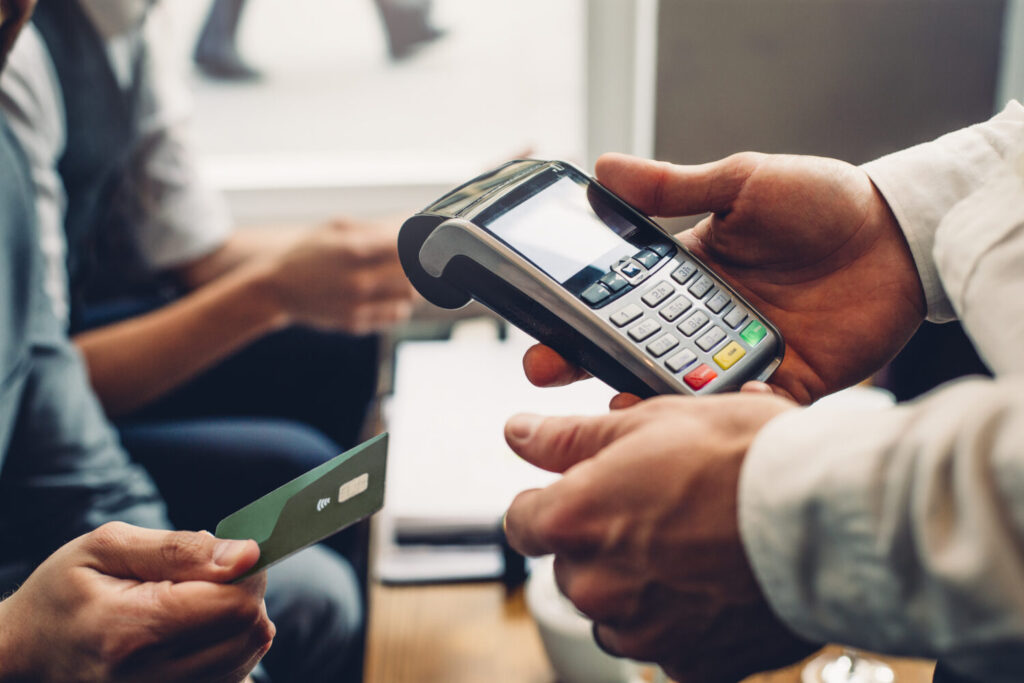How to open a business bank account
Congratulations on starting your own business! Now that you’ve taken the exciting step of becoming an entrepreneur, you’ll need to take care of some essential tasks to get your business up and running smoothly. One of the first things you’ll need to do is open a business bank account.
A business bank account keeps your personal and business finances separate, making it easier to track your income and expenses, manage your cash flow, and build business credit. It also provides access to a variety of banking services that can be essential for running your business, such as online banking, checks, and merchant services.
This article will walk you through the steps of opening a business bank account, including what you need to know before you apply, what documents you’ll need to gather, and what to consider when choosing a bank.
Why do I need a business bank account?
Before we dive into the details, it’s essential to understand why you need a business bank account. First and foremost, opening a business bank account allows you to separate your personal finances from your business finances. This makes it easier to track your income and expenses, which can be crucial for tax purposes.
Having a business bank account can also provide you with credibility as a business owner and make it easier for you to obtain loans or credit in the future.
Choose the right type of account

There are several types of business bank accounts, including:
- Business Checking Account: This is the most common type of business bank account, and it is used for day-to-day business transactions.
- Business Savings Account: This type of account is used to earn interest on the money your business is not currently using.
- Merchant Services Account: This account is used to accept credit and debit card payments from your customers.
- Business Credit Card Account: This type of account is used to manage business expenses and earn rewards.
Each type has its own benefits, so it’s important to research each one and find the one that best fits your business needs.
Contact your bank
After you have gathered the required documents, the next step is to contact your bank. You might find it easier to set up an account with the same bank as your personal account. However, each bank will have different fees and requirements, so you should consider your options before making a final decision.
Gather your documents
Once you have chosen the type of account you want, the next step is to gather the required documents, generally, you will need:
- Business Name and Registration: You will need to provide proof of your business name and registration, which can include your Articles of Incorporation, Partnership Agreement, or a Name Certificate. You can read more about how to register your business here.
- Business Licence: Depending on your business, you may need to provide a business licence or permit.
- Personal Identification: You will need to provide personal identification, such as a driver’s licence or passport.
- Financial Statements: Some banks may require you to provide financial statements, such as balance sheets or income statements, to open a business bank account.
Fill out an application
The application will ask for basic information about your business, such as its name, address, and contact information, as well as key information to help them understand your business and its financial health. This may include details about your revenue, expenses, and assets. Make sure to provide accurate information, as the bank may use this information to determine whether to approve your account or not, and ultimately to know how to open a business bank account that best suits your needs.
Make your first deposit

The bank may require you to make an initial deposit to open the account. The amount of the deposit may vary depending on the bank and the type of account you are opening.
Once the account is open, you can start using it to manage your business finances. It is essential to keep accurate records of your transactions and reconcile your account regularly to ensure that your records match the bank’s records.
Getting your finances in order may seem daunting but it’s surprisingly straightforward, and there’s plenty of resources to help you every step of the way, both through your bank and the Government website.
Looking for the ideal retail property? Check out shops to rent on Completely Retail.